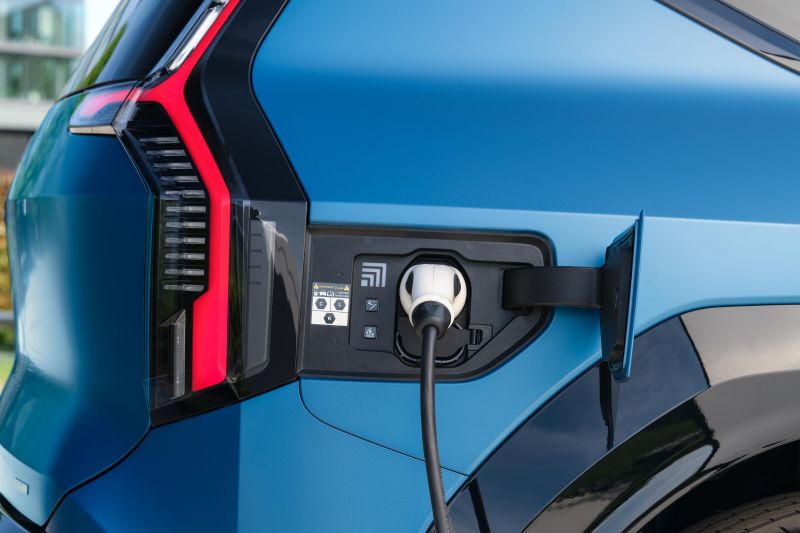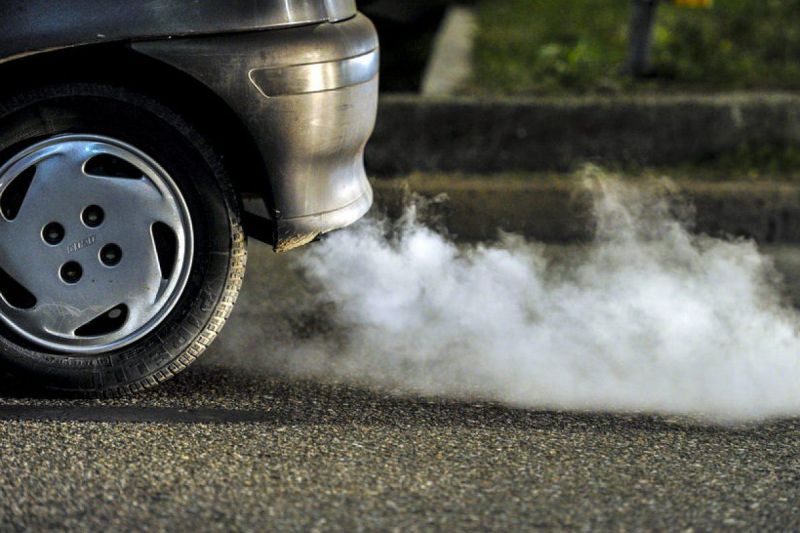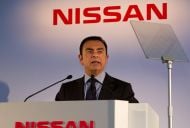The peak body for Europe’s carmakers has said it won’t push back against the European Union’s proposed ban on new petrol and diesel car sales by 2035.
Reuters reports the European Automobile Manufacturers Association (ACEA) – which represents all major car brands based on the continent – has said it won’t challenge the proposed laws, which are set to be enacted after the European Parliament election in June.
ACEA president and Renault CEO Luca de Meo said the car industry’s responsibility “… is not to argue against the regulation,” which will result in the only electric vehicles (EVs) and other zero tailpipe emission cars being produced for the continent from 2035.
“We are not contesting 2035. Now we must get down to it,” said Mr de Meo.
The peak body’s decision to say it won’t oppose the regulations comes despite slowing demand for EVs in Europe.
In 2023, EV sales accounted for 15 per cent of the new car market, representing an increase of 37 per cent on the year prior and surpassing diesel vehicles which are slowly being forced out of production by strict emissions regulations.
However, it is expected this rapid growth will not continue, at least not for European brands which cannot match rivals from China on both price and value for money.
While European manufacturers have lobbied for better financial subsidies to persuade new car buyers into EVs, Germany – Europe’s largest vehicle market – recently repealed its rebate program, while France has excluded Chinese, South Korean and US-built models from receiving discounts.
Europe’s carmakers have also argued more investments in EV charging infrastructure is required by governments to encourage new car buyers to move towards battery-powered vehicles.
Despite previously aiming to ban new petrol and diesel cars from showrooms by 2030, the UK recently aligned itself with Europe’s 2035 timeline.
The Australian Capital Territory is the only local jurisdiction to announce plans to phase out petrol and diesel cars from showrooms, following the lead set by Europe and the UK by going electric and hydrogen only by 2035.





